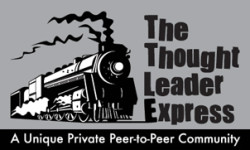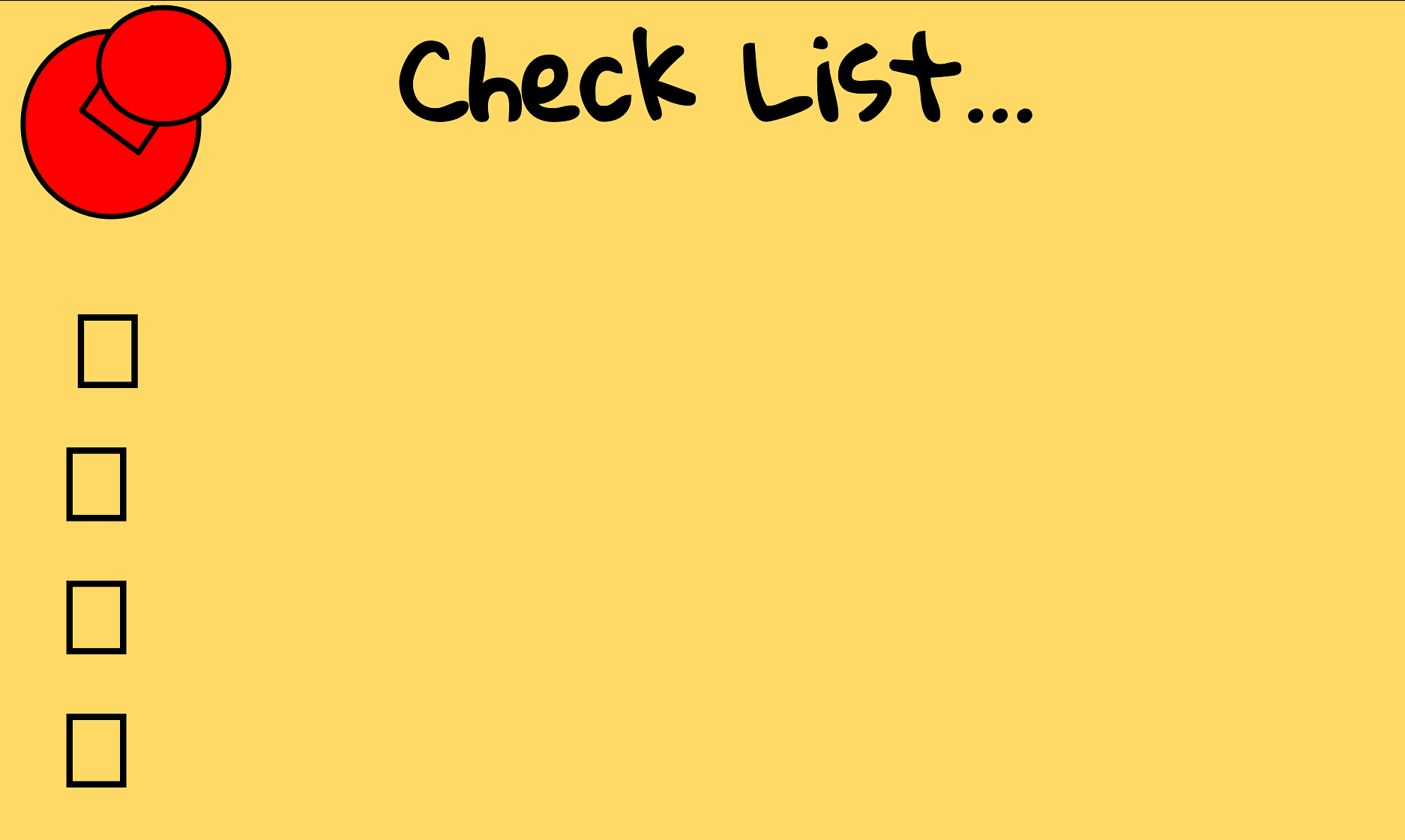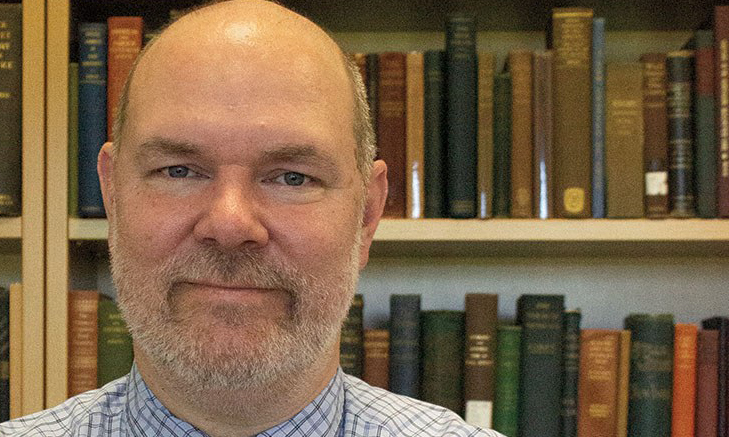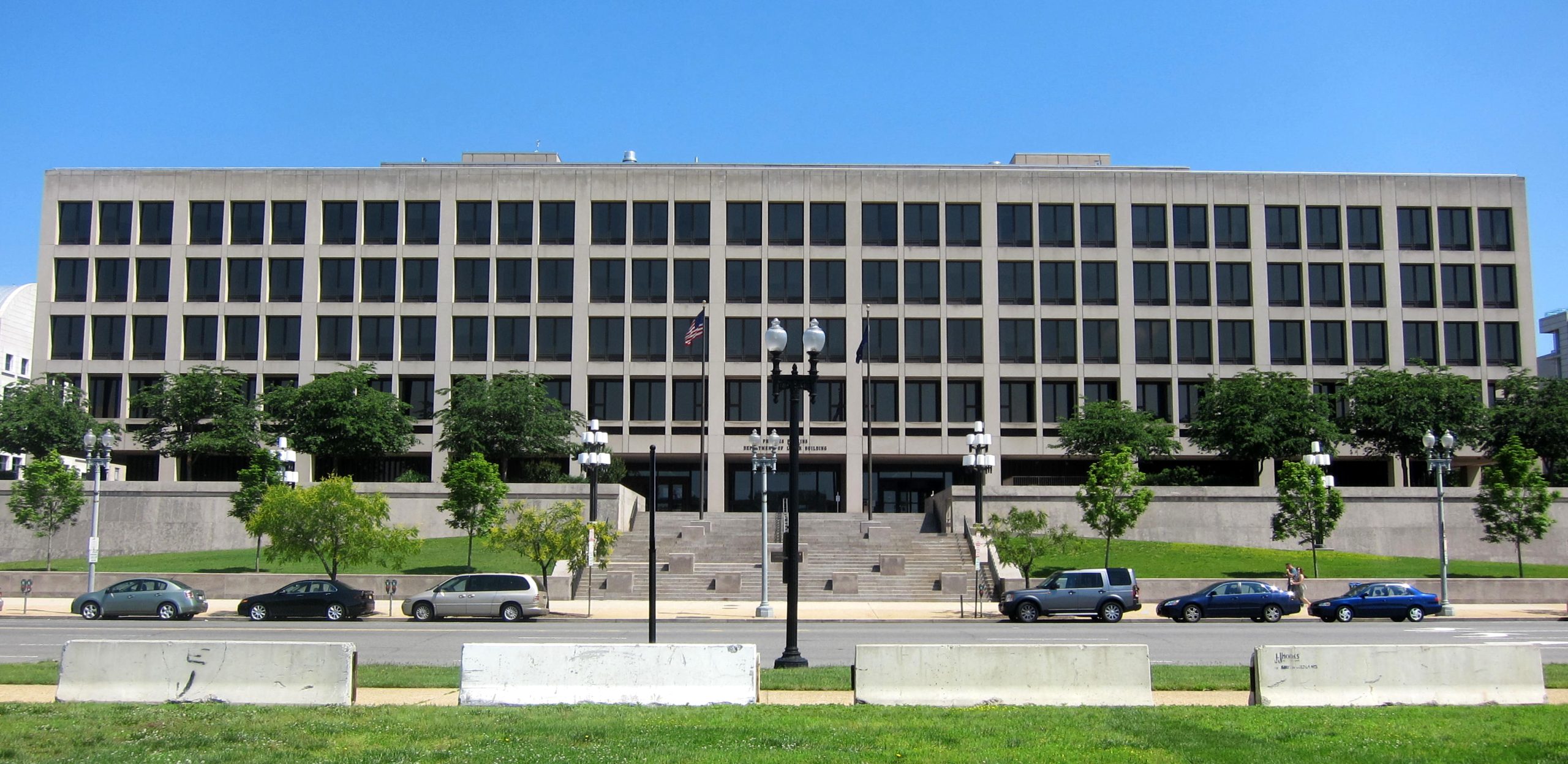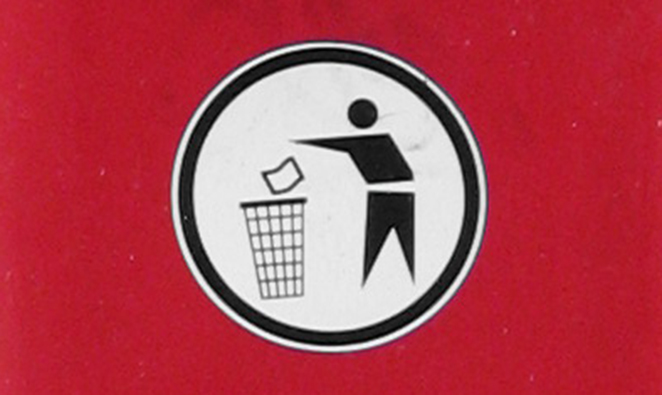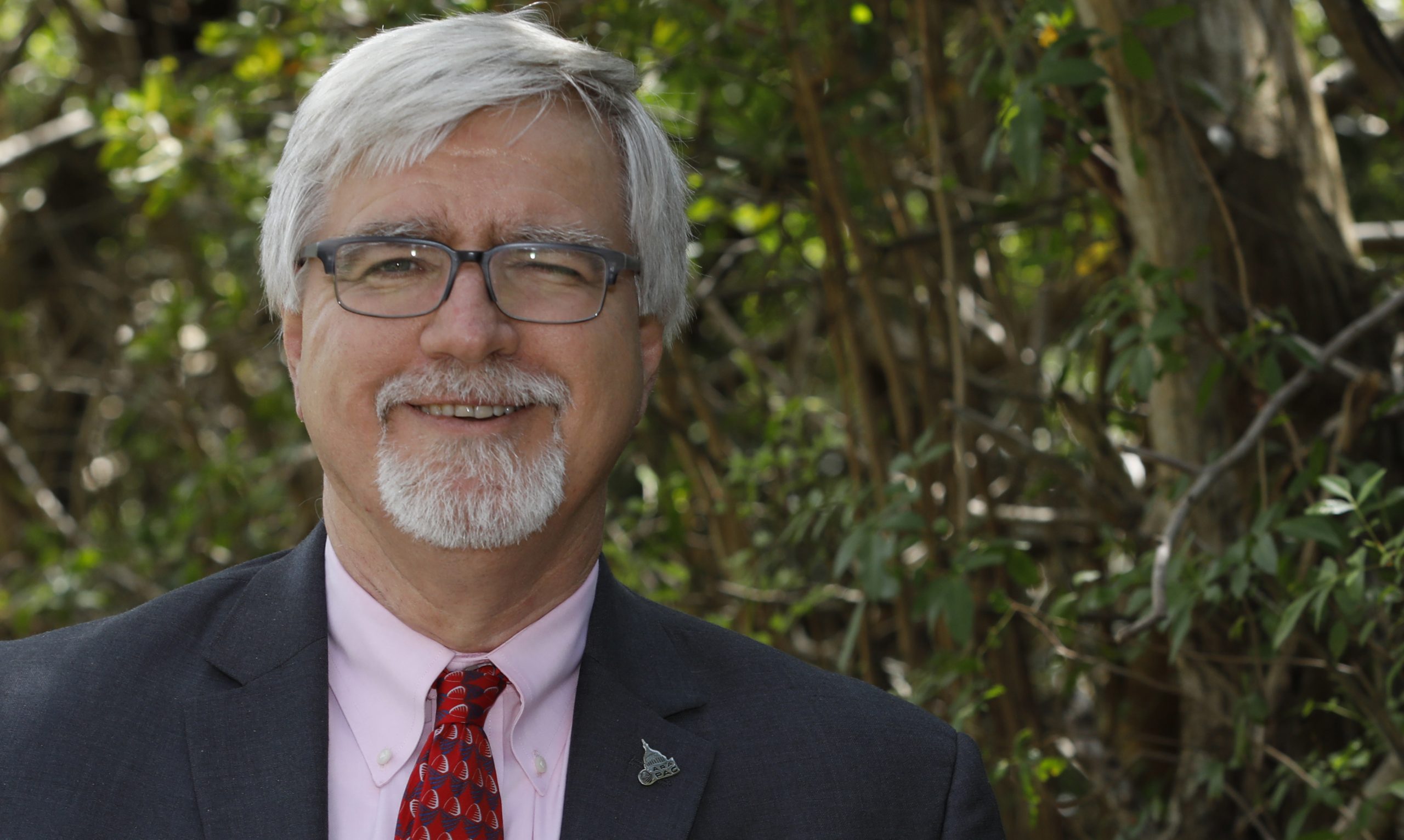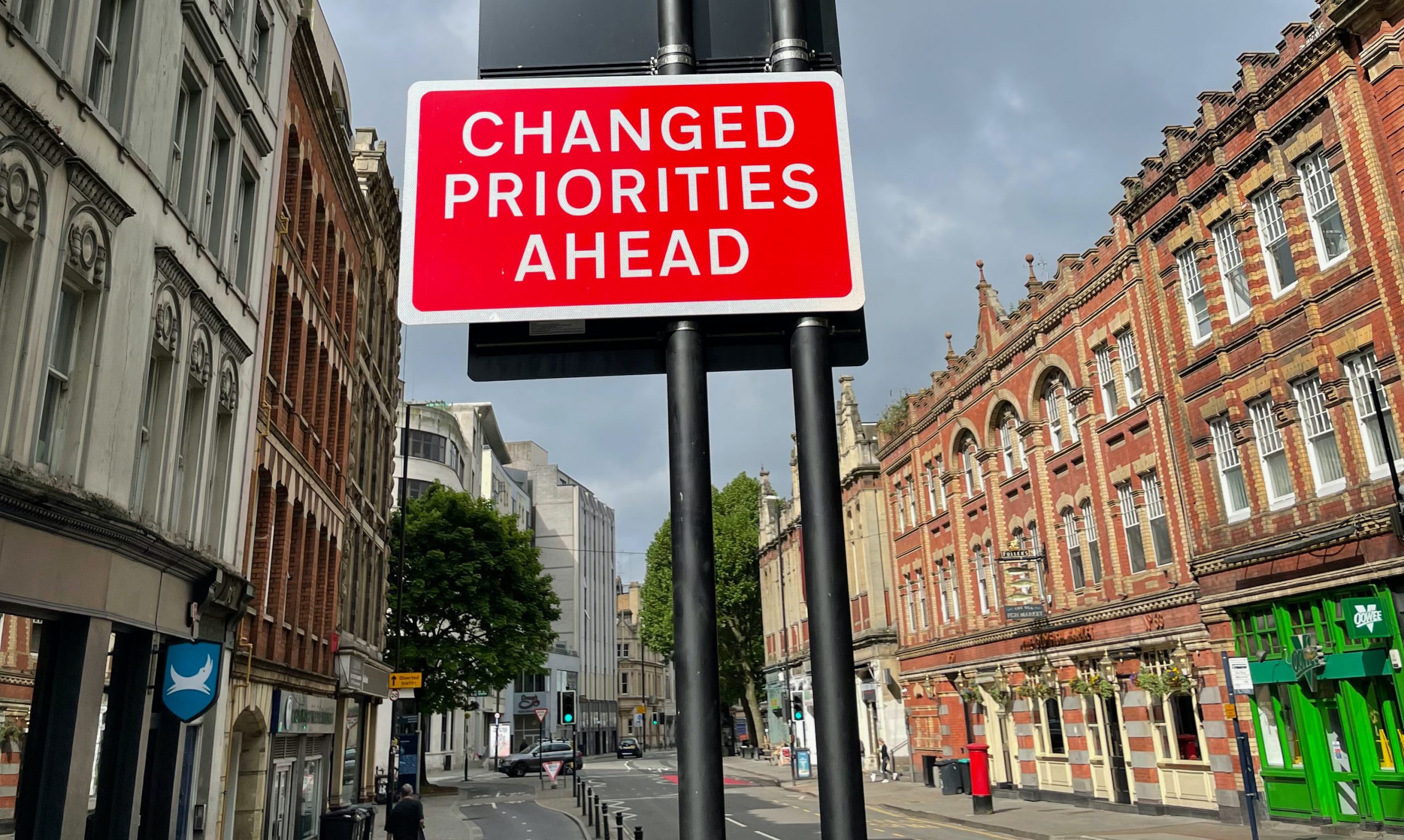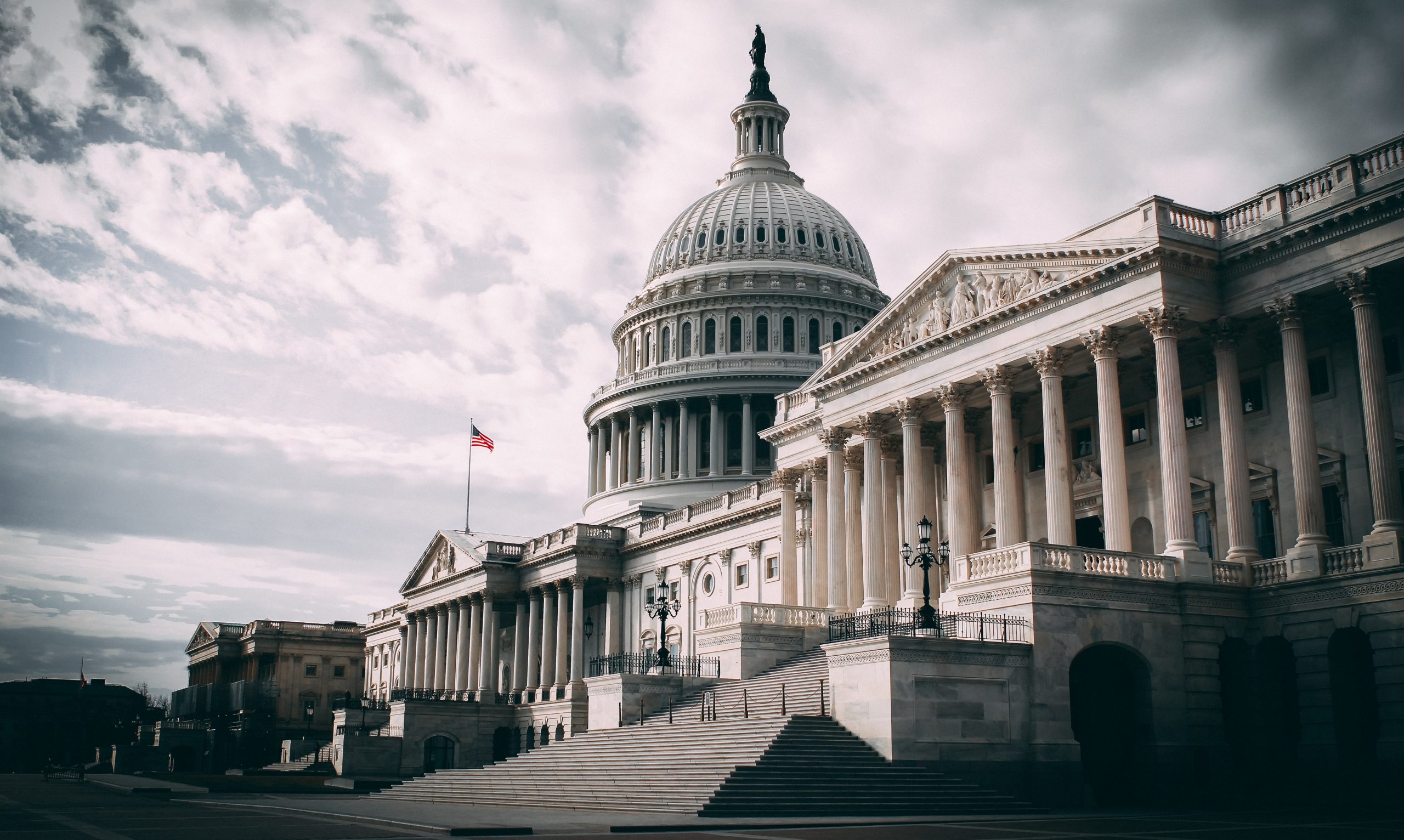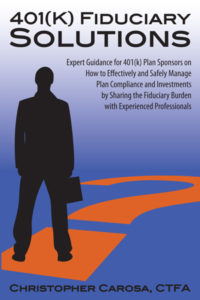How Do 401k Plan Sponsors Administer the Plan From Home?

Remote working is the meme of the day. With more people working from home, including those responsibility for administering their company’s 401k plan, just how do plan sponsors get their job done from their kitchen table?
We spoke with plan service providers from across the country to get a sense of how plan sponsors are handling these times. As you might imagine, the company’s 401k plan isn’t the only issue they’re having to grapple with.
“From the plan sponsors I’ve spoken with the last few weeks, moving from an office environment to working from home plus the added stress of the circumstances from a Human Resource perspective is challenging,” says Diana Jordan, Senior Retirement Plan Consultant at Unified Trust in Springfield, Illinois. “One of my clients today said that she had forgotten that we had even had a conversation last week about a special project we are working on.”
The challenges presented by remote working does impact the 401k side of personnel management. “Plan sponsors are being inundated with HR issues that have 401k spillover effects,” says Robert Massa, Managing Director at Qualified Plan Advisors in Houston, Texas. “Yes, you have participants worried about their 401k balances, but the core issue is their paychecks and will they ever come back to work. HR is having to work overtime to manage the changing environment and come up with ways to help employees work from home, and some jobs just can’t be done that way, while others have never been done that way before.”
On top of all this, you have two major legislative acts the impact compliance and regulation. “The biggest challenge is keeping up with the new legislation and making prudent decisions based on that information,” says Attila Toth, Partner and Co-Founder at Portfolio Evaluations, Inc. in Warren, New Jersey. “At the end of last year, the Trump Administration signed into law the SECURE Act. Plan administrators need to work closely with their recordkeeper to confirm compliance with many of these new requirements. Plan administrators also need to make decisions relating to their plan design (e.g., whether they would like to offer the penalty free withdrawal for birth or adoption expenses). They also need to be on the lookout for more guidance expected from the Department of Labor. In addition to the SECURE Act, the CARES Act was passed last Friday, March 27, to provide provisions related to withdrawals, loans and RMDs. What is the prudent decision on offering these penalty free distributions?”
“…A VITAL REFERENCE TOOL
FOR YEARS TO COME.”
401(K) FIDUCIARY SOLUTIONS ADDRESSES THE FIVE KEY AREAS OF FIDUCIARY LIABILITY FACING 401K PLAN SPONSORS ON A DAILY BASIS. IN ADDITION, 401(K) FIDUCIARY SOLUTIONS FEATURES SEVERAL CHECKLISTS 401K PLAN SPONSORS CAN USE TO HELP ENSURE THEIR PLAN IS THE BEST IT CAN BE.
WOULD YOU LIKE TO DISCOVER THE COLLECTED WISDOM OF DOZENS OF INDUSTRY EXPERTS AND THOUGHT LEADERS? CLICK HERE AND BUY YOUR COPY OF 401(K) FIDUCIARY SOLUTIONS TODAY!
Besides these new rules, there’s still the traditional blocking and tackling associated with 401k plans. “Right now, the primary hurdle that administrators face is how to legally open new accounts, onboard new plan members, and manage claims without being able to physically witness signatures or verify someone’s identity,” says Matthew Unger, CEO of iComply in Vancouver, British Columbia. “Previously, opening accounts and making claims were performed by onsite staff or legal professionals – now the staff and the lawyers are remote and can’t responsibly conduct these critical functions with Zoom or Skype calls.”
What this comes down to is keeping the lines of communication open. “From a 401k perspective, it means communicating what can and cannot be done in the plan, implementing contribution changes on the fly, and making sure payroll gets processed timely,” says Massa. “It also means increased numbers of requests for hardship withdrawals, loans and lump-sum distributions as well as inquiries about market volatility.”
Plan sponsors need to recognize they aren’t alone. As difficult as it is for them to conduct their job from home, the workers they’re used to dealing with in the office have it just as hard.
“Employees working from home are often balancing the needs of their families, sharing internet resources and trying to keep somewhat of a normal daily routine,” says Jordan. “While we can rely on email for interaction, to some extent within reason, picking up the phone and talking to employees that have questions is greatly appreciated if nothing more than to check-in. Some are feeling isolated and certainly concerned about their positions and financial resources if a spouse or significant other is not working at this time.”
Oddly, if you look at the current situation from a certain perspective, you might conclude this is exactly the position plan sponsors want to be in.
“Let’s face it, for the people we work with, 401k plans never make the top-10 of their to-do list,” says Jason R. Escamilla, CEO at ImpactAdvisor LLC in San Francisco, California. “The ability to meet them remotely, with less effort on their part and ours is actually a plus. Meanwhile, all HR & finance professionals have more pressing matters right now.”
Christopher Carosa is a keynote speaker, journalist, and the author of 401(k) Fiduciary Solutions, Hey! What’s My Number? How to Improve the Odds You Will Retire in Comfort, From Cradle to Retirement: The Child IRA, and several other books on innovative retirement solutions, practical business tips, and the history of the wonderful Western New York region. Follow him on Twitter, Facebook, and LinkedIn.
Mr. Carosa is available for keynote speaking engagements, especially in venues located in the Northeast, MidAtantic and Midwestern regions of the United States and in the Toronto region of Canada.

